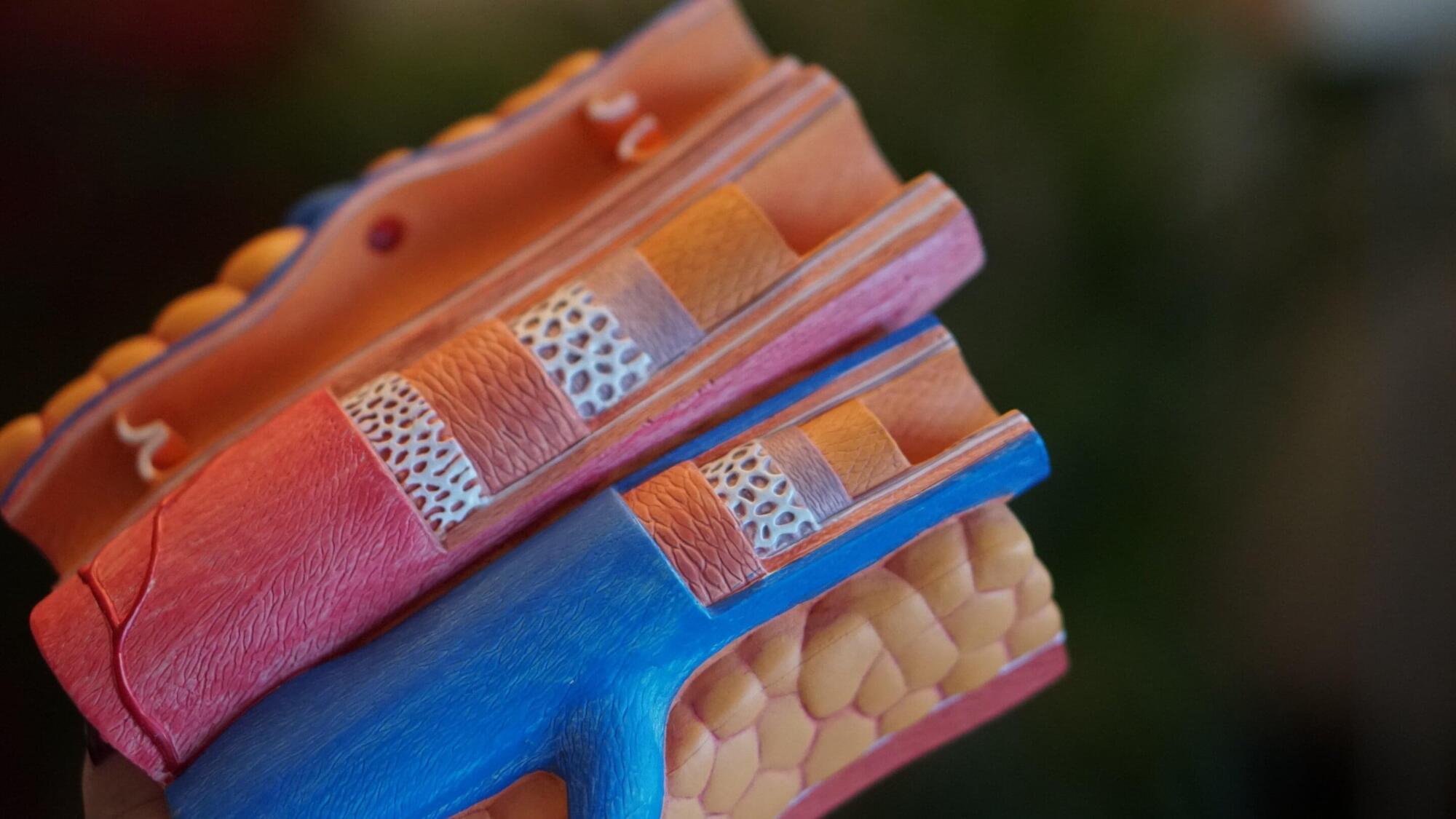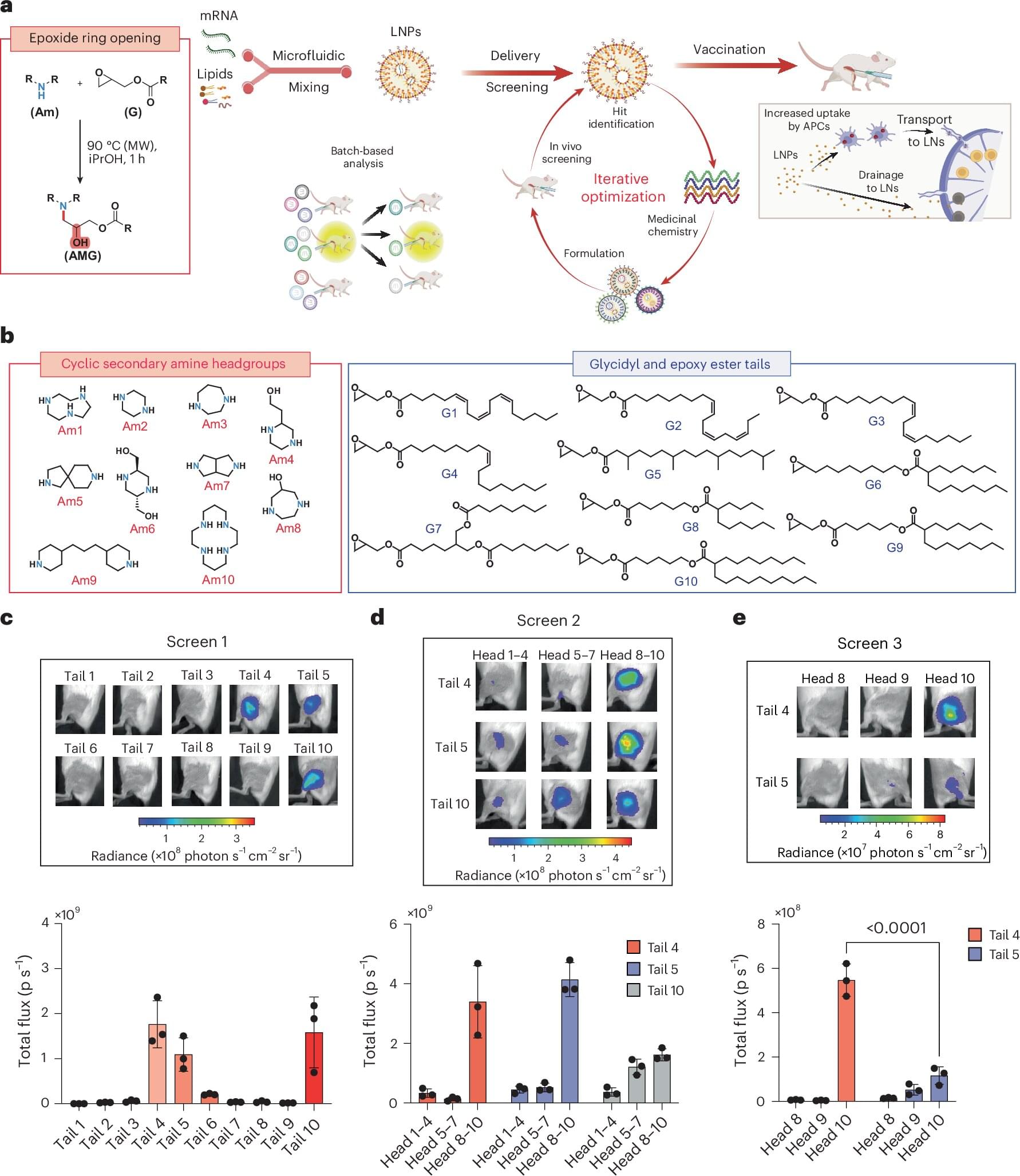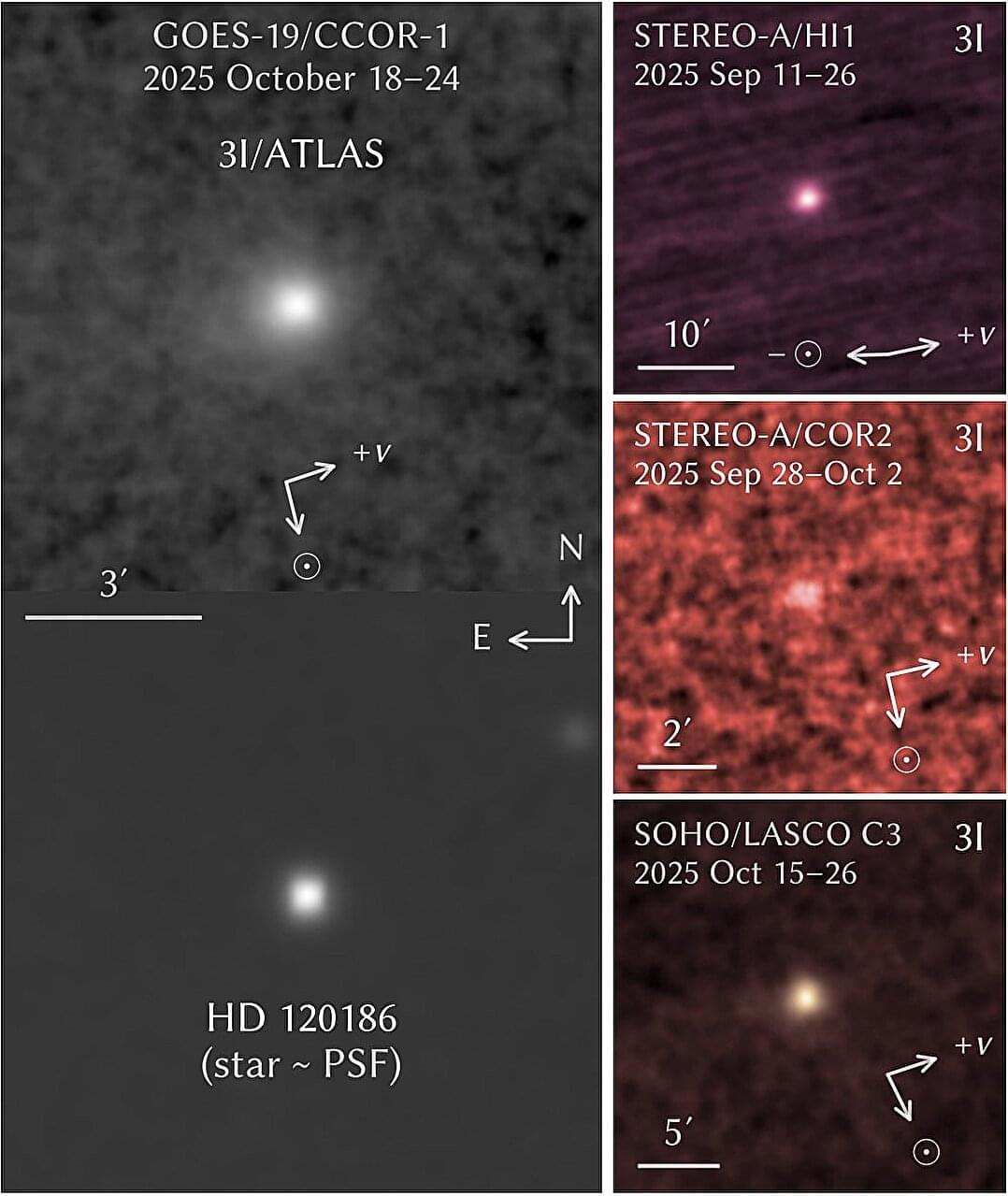A new study in Environmental Research Letters reports that cooling the planet by injecting sulfur dioxide into the stratosphere, a proposed climate intervention technique, could reduce the nutritional value of the world’s crops.
Scientists at Rutgers University used global climate and crop models to estimate how stratospheric aerosol intervention (SAI), one type of solar geoengineering, would impact the protein level of the world’s four major food crops: maize, rice, wheat, and soybeans. The SAI approach, inspired by volcanic eruptions, would involve releasing sulfur dioxide into the stratosphere. This gas would transform into sulfuric acid particles, forming a persistent cloud in the upper atmosphere that reflects a small part of the sun’s radiation, thereby cooling Earth.
While these cereal crops are primarily sources of carbohydrates, they also provide a substantial share of dietary protein for large portions of the global population. Model simulations suggested that increased CO2 concentrations tended to reduce the protein content of all four crops, while increased temperatures tended to increase the protein content of crops. Because SAI would stop temperatures from increasing, the CO2 effect would not be countered by warming, and protein would decrease relative to a warmer world without SAI.









